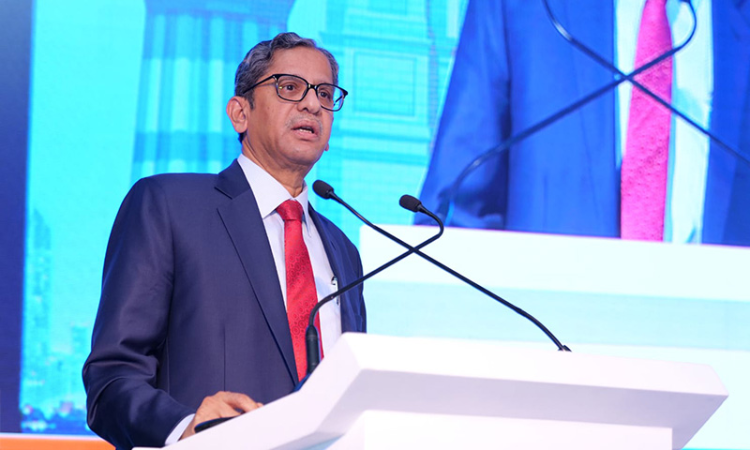'Indian Courts Are Known For Their Pro-Arbitration Stance' : CJI NV Ramana At International Conference In Dubai
Sohini Chowdhury
19 March 2022 8:00 PM IST

Next Story
19 March 2022 8:00 PM IST
Speaking at the fourth edition of the International Conference on 'Arbitration in the Era of Globalisation' in Dubai, the Chief Justice of India, N.V. Ramana pointed out the importance of developing an acceptable and fair dispute mechanism system for the globalised world. Chief Justice Ramana briefly alluded to how countries have moved away from protectionism and towards liberalisation...
